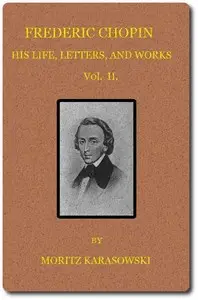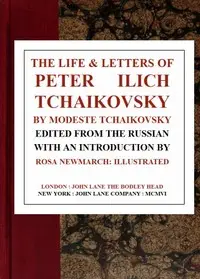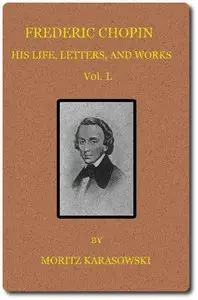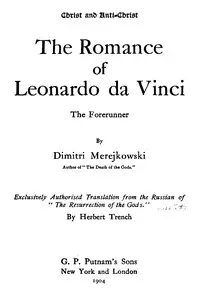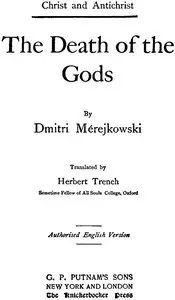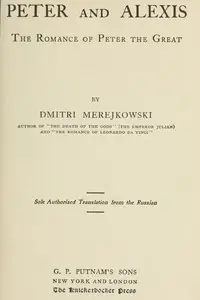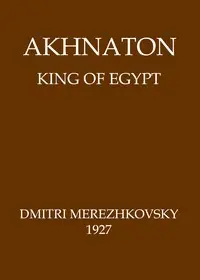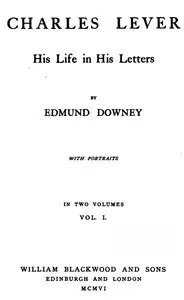"The Life-Work of Flaubert, from the Russian of Merejowski," by Dmitry Sergeyevich Merezhkovsky, is an early 20th-century biography that searches into French author Gustave Flaubert's life, especially the difficulties between his amazing talent and his personal feelings. The book probably talks about Flaubert's problems with life as he tried to create his works, looking at ideas like what it means to be an artist, being alone, and whether having great talent is good or bad. It studies what Flaubert thought about art, life, and finding purpose. Flaubert's letters and thoughts show that he believed art was more important than life, and making beautiful things was like worshipping something. The book also shows that Flaubert had problems inside himself, because even though he loved being an artist, he felt very lonely and sad. It talks about how Flaubert's way of thinking made him feel separate from real feelings and friendships, showing how his intelligence also made him feel sad and want something he could not have.

The Life-Work of Flaubert, from the Russian of Merejowski
By Dmitry Sergeyevich Merezhkovsky
Follow the journey of a brilliant artist as he creates masterpieces while wrestling with inner demons of isolation and a yearning for true connection.
Summary
About the AuthorDmitry Sergeyevich Merezhkovsky was a Russian novelist, poet, religious thinker, and literary critic. A seminal figure of the Silver Age of Russian Poetry, regarded as a co-founder of the Symbolist movement, Merezhkovsky – with his wife, the poet Zinaida Gippius – was twice forced into political exile. During his second exile (1918–1941) he continued publishing successful novels and gained recognition as a critic of the Soviet Union. Known both as a self-styled religious prophet with his own slant on apocalyptic Christianity, and as the author of philosophical historical novels which combined fervent idealism with literary innovation, Merezhkovsky became a nine-time nominee for the Nobel Prize in literature, which he came closest to winning in 1933. However, due to contested claims that he expressed regard for Fascism as a lesser evil than Communism during the outbreak of war between Germany and the USSR shortly prior to his death, his work largely fell into neglect after World War II.
Dmitry Sergeyevich Merezhkovsky was a Russian novelist, poet, religious thinker, and literary critic. A seminal figure of the Silver Age of Russian Poetry, regarded as a co-founder of the Symbolist movement, Merezhkovsky – with his wife, the poet Zinaida Gippius – was twice forced into political exile. During his second exile (1918–1941) he continued publishing successful novels and gained recognition as a critic of the Soviet Union. Known both as a self-styled religious prophet with his own slant on apocalyptic Christianity, and as the author of philosophical historical novels which combined fervent idealism with literary innovation, Merezhkovsky became a nine-time nominee for the Nobel Prize in literature, which he came closest to winning in 1933. However, due to contested claims that he expressed regard for Fascism as a lesser evil than Communism during the outbreak of war between Germany and the USSR shortly prior to his death, his work largely fell into neglect after World War II.


